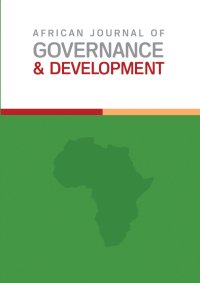Barriers of Labour Market Integration of Humanitarian Immigrants in Sweden
Main Article Content
Abstract
Since the 1950s, Sweden has been hosting large number of humanitarian immigrants. Following
this inflow, their economic integration has become a key policy objective. Despite the government
policies, immigrants’ labour market outcomes lag behind. Their inclusion into the job market has
been characterised as having a slower pace. However, specific studies related to challenges of
labour market integration of humanitarian immigrants have been limited. The aim of this paper
is, therefore, to fill the knowledge gap concerning the barriers of labour market integration of
this group of immigrants. In analysing this, the paper used a mixture of qualitative, descriptive
and explanatory approaches based on used secondary sources with an inductive method of
analysis. As a base for the discussion, three theories: human capital theory, social capital theory
and institutional theory are selected with identified regional and international legal frameworks for
the labour market integration of mainly humanitarian immigrants. The finding of this paper shows
that limited human capital with a low level of labour outcome, lack of recognition of qualifications
of skill, lack of language proficiency, and a lack of social capital and networks that cumulatively
led to discrimination are the main barriers that affect the labour market outcome of humanitarian
immigrants. So, policy directions and implementations should focus on addressing these specific
barriers coupled with extra activities such as the provision of demand tailored trainings and
special treatment as part of intervention.
Keywords:, , , ,
Article Details

This work is licensed under a Creative Commons Attribution-NonCommercial-NoDerivatives 4.0 International License.
